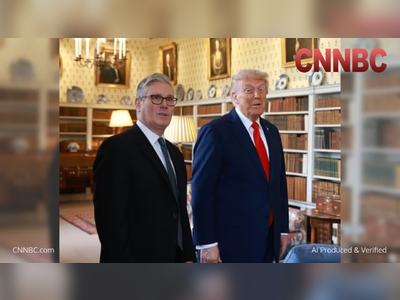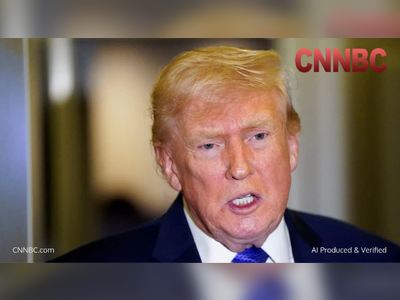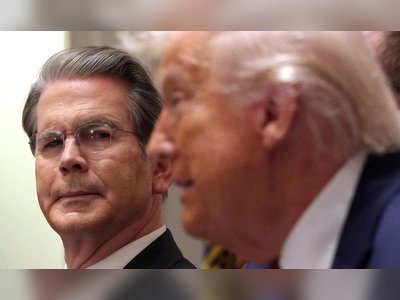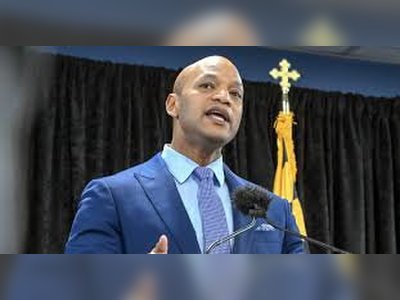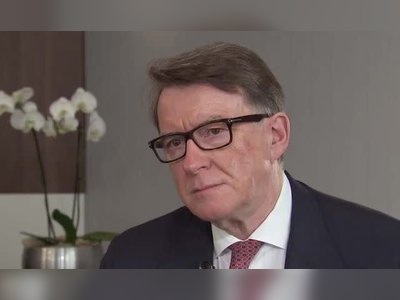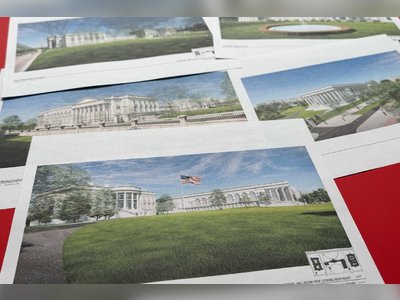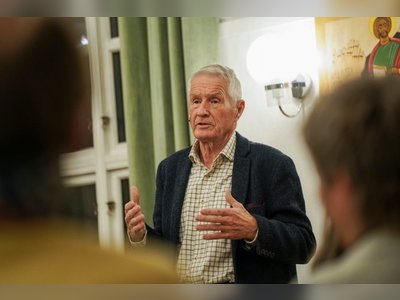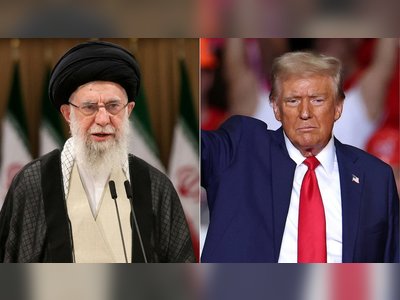Iran's Foreign Minister Signals Readiness for Nuclear Negotiations with US
Abbas Araghchi emphasizes need for US to abandon military threats ahead of indirect talks in Oman.
Iran's Foreign Minister Abbas Araghchi announced the country's readiness to engage in nuclear negotiations with the United States, stating that discussions aimed at sealing a deal are set to take place on Saturday in Oman.
However, he underscored a crucial prerequisite: the US must renounce any military options against Iran.
Araghchi emphasized that Iran would not accept coercion, reinforcing the nation’s position on sovereign negotiations.
The upcoming talks come after President Donald Trump disclosed the initiative, mentioning a desire to reach an agreement that would prevent Iran from acquiring nuclear weapons and avert potential military actions by the US and Israel.
Notably, since there are no diplomatic relations between the two countries, communication has been facilitated through intermediary nations, with a recent letter from Trump to Iran’s supreme leader relayed via the United Arab Emirates.
The framework for the negotiations indicates a continuation of indirect talks, aligning with Iran’s stance, despite Trump’s assertion of direct dialogue.
Such indirect negotiations aim to address Iran’s nuclear program amid rising tensions following the US withdrawal from the 2015 nuclear deal, which had been established with Iran and world powers including the UK, France, China, Russia, and Germany.
Under that agreement, Iran had limited its nuclear activities in exchange for sanctions relief.
Since the US exited the agreement in 2018, Iran has progressively breached the restrictions set forth in the deal, amassing significant stockpiles of highly-enriched uranium, raising international concerns regarding its nuclear ambitions.
Reports indicate that Iran currently has enough enriched uranium to potentially create several nuclear weapons, escalating fears of an arms race in the region.
During a visit to the White House by Israeli Prime Minister Benjamin Netanyahu, both leaders reiterated a firm stance that Iran must not obtain nuclear capabilities, with Netanyahu suggesting a military option could be considered if negotiations fail to yield results.
Israel’s continued apprehension regarding Iran’s nuclear program stems from its perception of a nuclear-armed Iran as an existential threat.
As negotiations approach, the specifics of the US demands remain largely undisclosed.
However, discussions are expected to cover Iran's nuclear program dismantlement, with US officials advocating for a comprehensive verification program.
The comparison to the dismantlement of Libya's nuclear devices in 2003 has been referenced by US officials as a potential model for Iran.
Iran's government has firmly rejected the premise of dismantling its nuclear infrastructure, categorically stating that the model proposed by the US is not acceptable in their negotiations.
Araghchi has articulated that the onus is now on the United States to demonstrate sincerity in its diplomatic efforts, advocating for respect in the negotiation process.
As tensions mount, the outcome of the forthcoming discussions remains uncertain.
However, he underscored a crucial prerequisite: the US must renounce any military options against Iran.
Araghchi emphasized that Iran would not accept coercion, reinforcing the nation’s position on sovereign negotiations.
The upcoming talks come after President Donald Trump disclosed the initiative, mentioning a desire to reach an agreement that would prevent Iran from acquiring nuclear weapons and avert potential military actions by the US and Israel.
Notably, since there are no diplomatic relations between the two countries, communication has been facilitated through intermediary nations, with a recent letter from Trump to Iran’s supreme leader relayed via the United Arab Emirates.
The framework for the negotiations indicates a continuation of indirect talks, aligning with Iran’s stance, despite Trump’s assertion of direct dialogue.
Such indirect negotiations aim to address Iran’s nuclear program amid rising tensions following the US withdrawal from the 2015 nuclear deal, which had been established with Iran and world powers including the UK, France, China, Russia, and Germany.
Under that agreement, Iran had limited its nuclear activities in exchange for sanctions relief.
Since the US exited the agreement in 2018, Iran has progressively breached the restrictions set forth in the deal, amassing significant stockpiles of highly-enriched uranium, raising international concerns regarding its nuclear ambitions.
Reports indicate that Iran currently has enough enriched uranium to potentially create several nuclear weapons, escalating fears of an arms race in the region.
During a visit to the White House by Israeli Prime Minister Benjamin Netanyahu, both leaders reiterated a firm stance that Iran must not obtain nuclear capabilities, with Netanyahu suggesting a military option could be considered if negotiations fail to yield results.
Israel’s continued apprehension regarding Iran’s nuclear program stems from its perception of a nuclear-armed Iran as an existential threat.
As negotiations approach, the specifics of the US demands remain largely undisclosed.
However, discussions are expected to cover Iran's nuclear program dismantlement, with US officials advocating for a comprehensive verification program.
The comparison to the dismantlement of Libya's nuclear devices in 2003 has been referenced by US officials as a potential model for Iran.
Iran's government has firmly rejected the premise of dismantling its nuclear infrastructure, categorically stating that the model proposed by the US is not acceptable in their negotiations.
Araghchi has articulated that the onus is now on the United States to demonstrate sincerity in its diplomatic efforts, advocating for respect in the negotiation process.
As tensions mount, the outcome of the forthcoming discussions remains uncertain.

